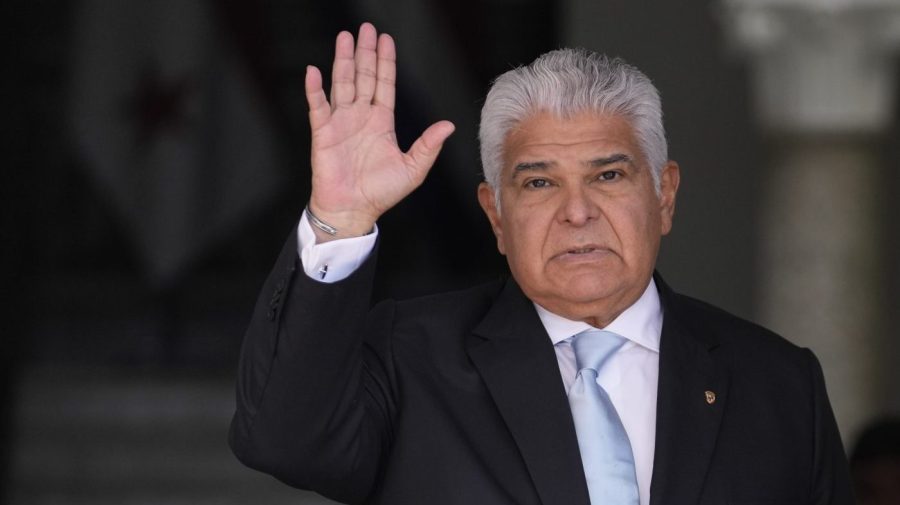
Panama’s President José Raúl Mulino rejected negotiations over ownership of the Panama Canal, in the face of President Trump’s fixation on the U.S. retaking the trade waterway.
Mulino’s remarks come ahead of a visit this weekend by Secretary of State Marco Rubio, who has called for Panama to kick out a Hong Kong-based company which operates two ports on either side of the canal, describing it as a core U.S. national interest.
“It’s impossible, I can’t negotiate,” Mulino said when asked about returning the canal to U.S. control, during a press conference on Thursday. “That is done. The canal belongs to Panama.”
Mulino said he hopes to talk to the U.S. about issues including immigration, security and the fight against drug trafficking.
“The only thing that I want is to clear all the garbage from the path, clean the table and be able to speak with the United States and very frankly,” he said, according to The Associated Press.
Trump has made his calls for retaking the Panama Canal one of his priority foreign policy issues in his first days in office, criticizing the Carter administration’s 1977 decision to sell the U.S.-built canal to Panama; fumed over high transit prices and railed against Chinese businesses operating key ports on the waterway.
Rubio, in a recent interview on the Megyn Kelly Show, said he’s going to address with Mulino a “solution” to the U.S. concerns of Chinese companies’ presence at the canal. Rubio accuses the businesses of being under the direction of the Chinese government and has raised the risk that the companies could shut down the waterway.
“If the government of China in a conflict tells them shut down the Panama Canal they will have to and in fact I have zero doubt that they have contingency planning to do so,” Rubio said.
“We cannot allow any foreign power, particularly China to hold that kind of potential control over that they do,” he added.
The secretary of State also called Panama “generally pro-American” and that there are “a lot of things we can work with them that are very positive, on migration, and they can be very helpful on all sorts of things.”











